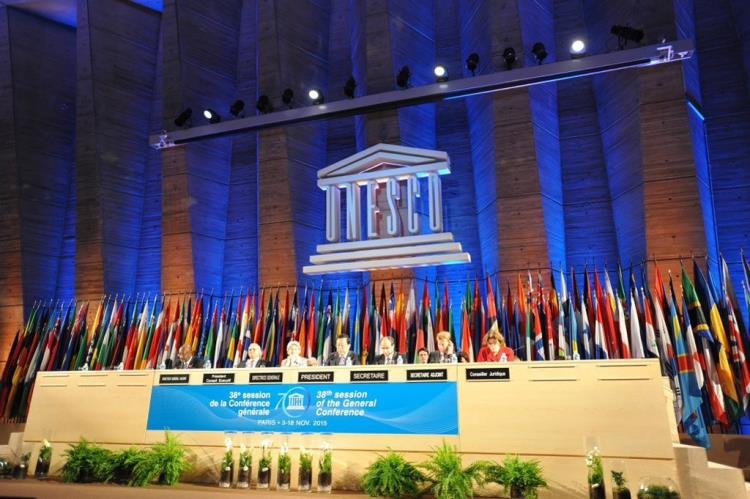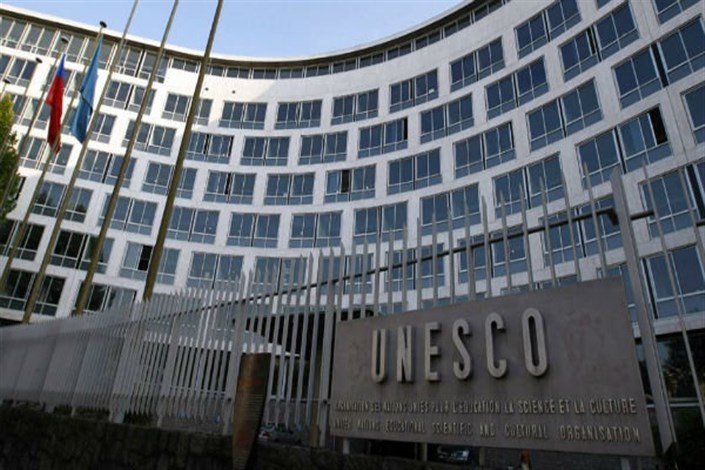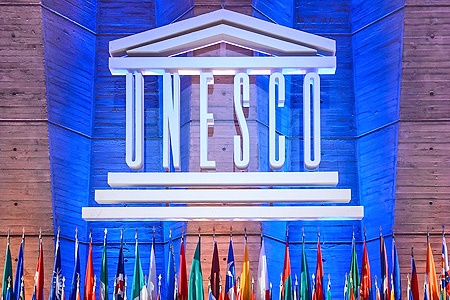Unesco Foundation
Unesco Foundation

General Conference
The General Conference is the highest decision-making body of UNESCO, which meets every two years at the Organization’s headquarters in Paris with the participation of representatives of Member States, affiliated organizations and international observers to determine the policies and guidelines of the Organization and other matters provided for in the Statutes.
This conference discusses and exchanges views on the election of members of the Executive Board, the election of the Director-General and the councils, committees and affiliated bodies, and decisions on the implementation of international resolutions or declarations in Member States. This action is taken with the comments and participation of the delegations of the countries – based on the principle that each country has one vote.

Executive Council
UNESCO’s supervisory body is the General Conference, whose 58 members are elected by the General Conference for a four-year term. The Executive Board is responsible for preparing the agenda of the General Conference, reviewing the organization’s work program, and overseeing the mobilization and expenditure of the budget estimated by the Director-General, and must make recommendations to the General Conference accordingly.

Secretariat
Responsible for the implementation of UNESCO’s programs and includes the Director-General and staff. The Director-General is the executive head of the organization, elected every four years by the General Conference on the recommendations of the Executive Board. The UNESCO Secretariat is composed of programmatic, support, and service departments.
Program sections
These departments are formed in accordance with the five main fields of activity of the organization, namely education, natural sciences, social and human sciences, culture, and communication and information, which make the necessary coordination to advance and implement UNESCO’s plans and programs in specific thematic areas in cooperation with National Commissions and regional and cluster offices.
Service sectors
These departments, which encompass numerous units, include the secretariats of the General Conference and the Executive Council, the Office of International Standards and Legal Affairs, the Office of Ethics, the Office of Strategic Planning, etc.
Support departments
This area includes the cooperation and external relations departments and the administrative department, which provides the necessary framework for implementing the activities of the program departments.
National Commissions
According to Article 7 of the UNESCO Statute, Member States may establish National Commissions for the participation of their scientific, educational and cultural institutions in UNESCO programs and activities. National Commissions are the liaison bodies between countries and UNESCO in implementing approved plans and programs and promoting international goals and commitments regarding the implementation of recommendations and conventions. Currently, 195 National Commissions are operating in UNESCO Member States in different regions of the world.
